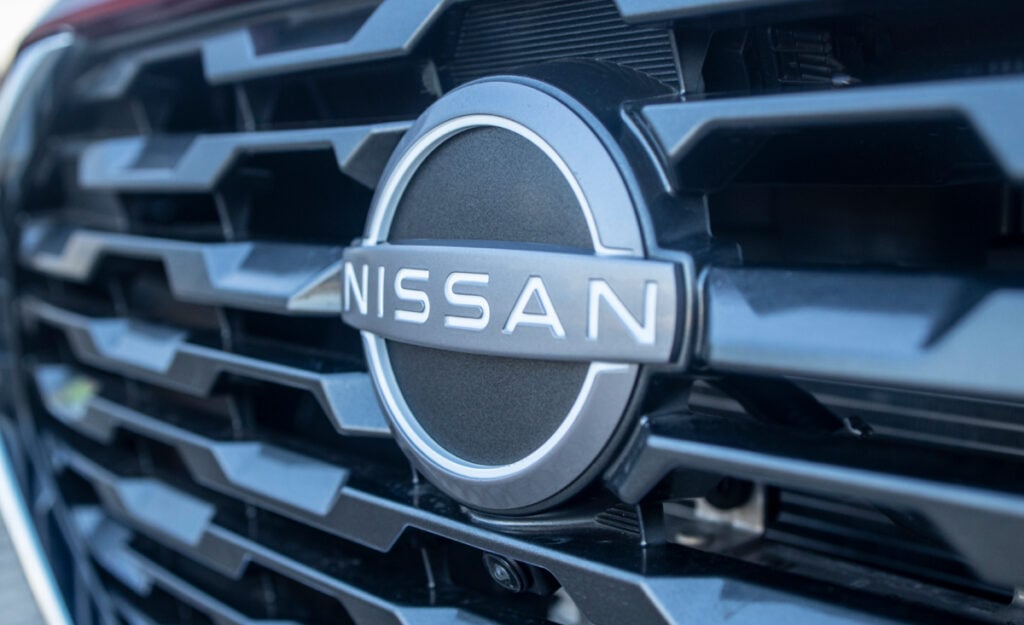
South Africa needs high fuel prices as government spends too much money and has become overly reliant on the revenue gained from the sizeable taxes and levies it imposes on fuels.
At present, every litre of petrol and diesel purchased by consumers in the country sees between R3.84-3.96 funneled to the national fiscus through the General Fuel Levy (GFL).
According to Automobile Association (AA) spokesperson Layton Beard, just the GFL alone generated a staggering R93.37 billion for treasury in the 2023/24 financial year making it the fourth-largest income generator for the state.
Adding to this, the levy is relatively effortless to collect as it is factored into the selling price of petrol and diesel meaning most motorists generally do not even think about it when they pay for their fuel.
Hence, removing the GFL altogether to shave around 17% from the prices of fuel in the country will have several negative consequences, chief of which is that it will force the powers that be to look elsewhere to recoup the losses.
This could happen in many ways, such as raising personal income tax or Value Added Tax, which would hurt the poorest of the poor the most, said Beard in a Money Show interview.
There is another way
While the AA does not endorse the scrapping of the GFL completely, Beard highlights that there is another levy that can be detached from fuel costs to bring down the prices we see at the pumps by an appreciable margin.
The Road Accident Fund (RAF) Levy is the second-biggest tax on domestic fuels behind the GFL and currently accounts for R2.18 per litre of every litre of propellant sold in the country.
“In the case of the RAF Levy, there are strong arguments to scrap that given the very poor financial state of the RAF,” said the expert.
“The RAF is a financial burden on government and its finances just never seem to actually come right, and I think that is a huge concern for government and civil organisations.”
Alternatively, prominent economist Dawie Roodt suggests that government can pursue other avenues to bring down the cost of fuel without completely removing the GFL or the RAF Levy.
He contends that the taxes aren’t the issue, rather, it’s the state’s poor spending habits that have resulted in an over-reliance on bloated taxes.
“The state is far too big and highly incompetent, which is costly,” Roodt told BusinessTech.
“Effective management and cost-cutting within the fiscus could easily remove the need for the current levels of the fuel levies, which would cut fuel prices in the country.”
Furthermore, he said that re-opening some of the local refineries that have shut down in recent years could contribute to lower fuel prices.
This won’t be without challenges as Roodt highlights it would be difficult to find willing investors with enough capital and know-how to revive the sector.
Given government’s track record with current state-owned entities, the economist also isn’t convinced that it would be able to revitalise the domestic fuel refining industry by itself.
However, should the country pull it off successfully, it would reduce the dependency on expensive imported propellants and cut down on transport and storage costs, which would have a significant impact on fuel rates.









